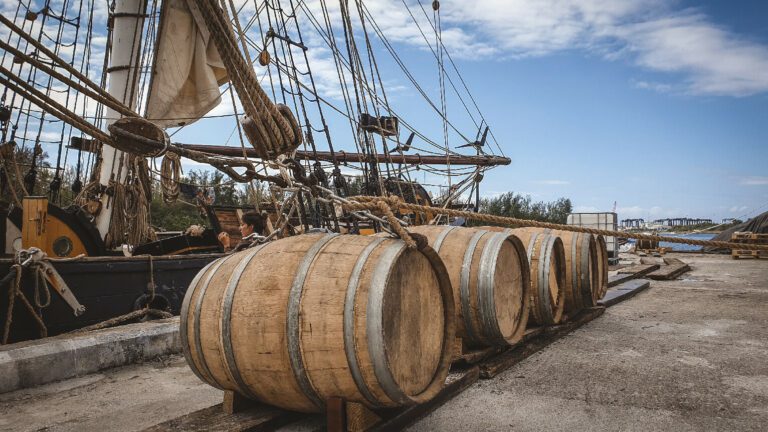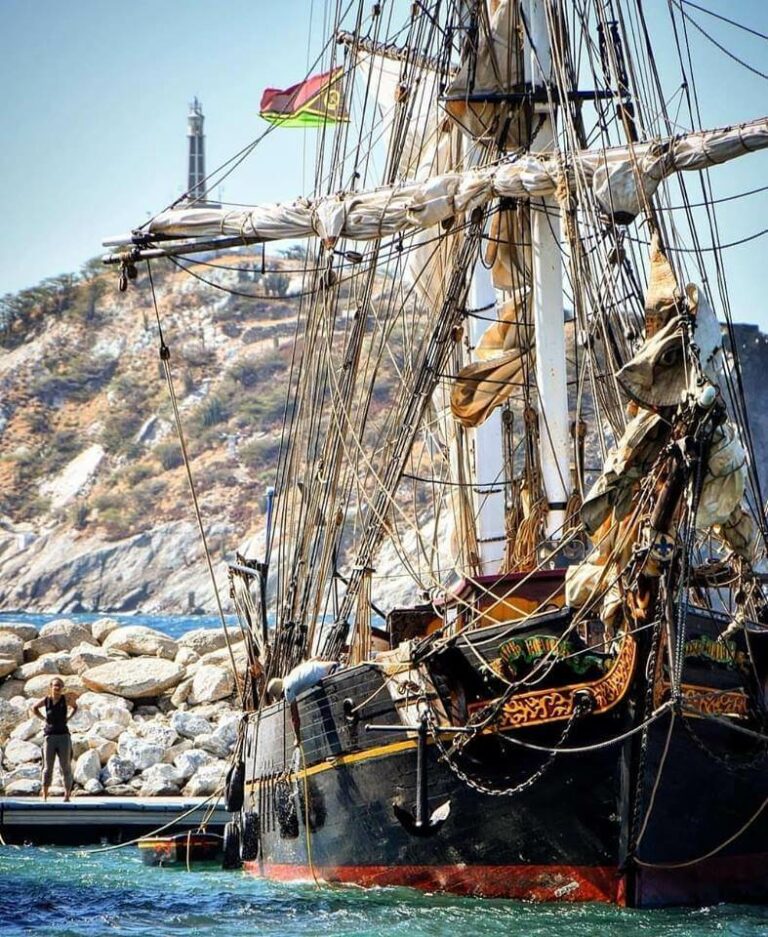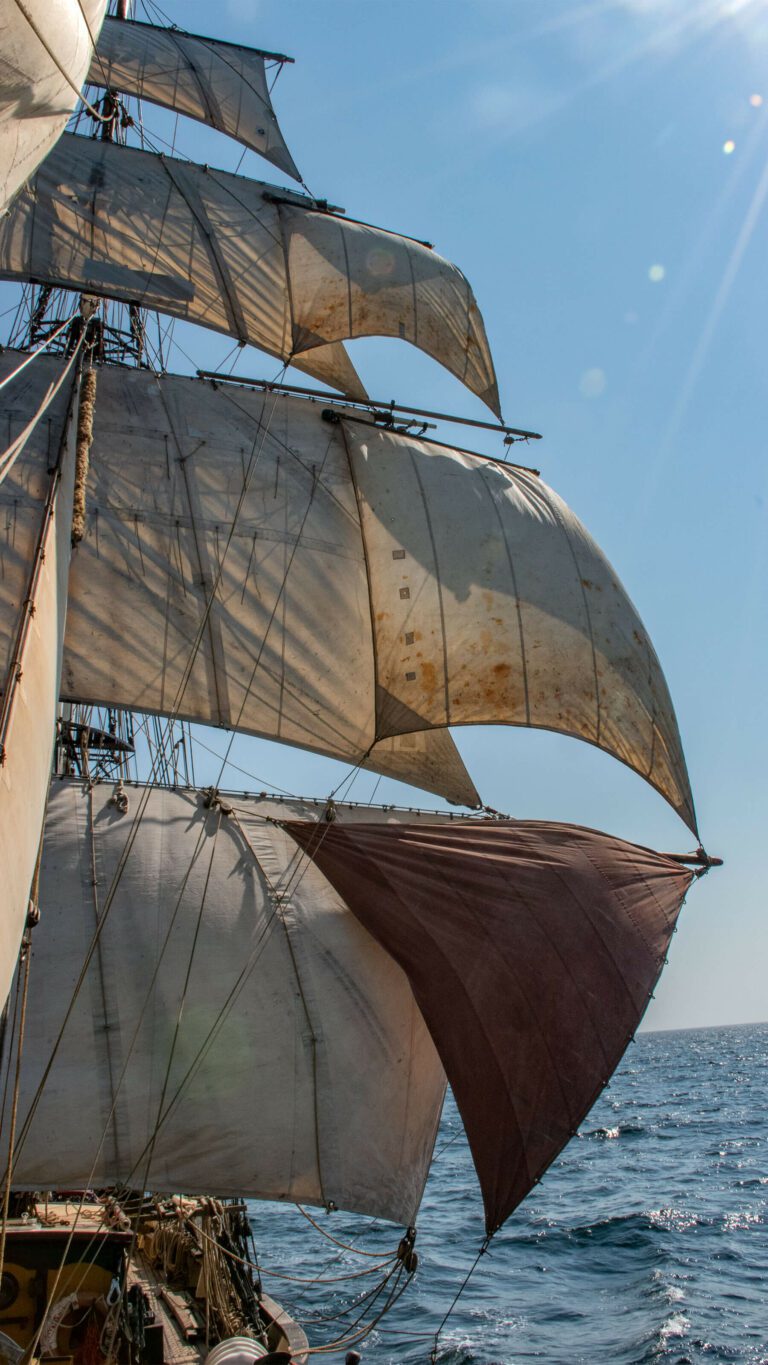Over forty thousand bottles of wine are transported on Tres Hombres each year. This cargo sees less attention than our rum, coffee and chocolate, because it is not for us. When it comes to the wine, most of the time we are only the transport and not the label. Over the years Tres Hombres has tried many different cargos, beer, clay, oak, tea, seedlings, medical supplies, beds, stockfish, tulip bulbs, bicycles, dried seaweed, appliances, salt, port and handmade spanish shoes to name a few. But natural wine is stuck for many reasons, so I thought maybe some people would like to know a little more about it.
Wine in France used to be something you would get from your local “Vigneron” it would be like getting milk from the dairy down the road. Many Vineyards were first planted by the Romans and so while they are not strictly endemic, they have had plenty of time to settle in. However in the mid 1800s an American Vine louse phylloxera killed huge numbers of vines across Europe and huge numbers of vineyards were replanted, with very different practices.
Since then there has been a never ending mission to make wine more stable, reliable, cheaper, higher production and all the other things that a big international market wants. To the point where now you can buy two bottles of the same wine 5 years apart and it will taste exactly the same.
In order to achieve this standardisation, wine makers have resulted in growing grapes in sandy dead deserts, devoid of any other life either by pesticide or excessive ploughing, plastic ground coverage, or many other techniques. The plants themselves are fed on an irrigation drip feed of water and fertiliser through small pipes then run through the dust that they grow in. The vines are bred or modified to produce as many as 3 yields a year, planted in perfect rows and shaped to be harvested by large automated machinery. The grapes are fed with sulphates at most phases of production which kills any yeasts and prevents most mildew or rot. Often the grapes are harvested well before being truly ripe and harvested all at once, which means adding a lot of sugar, acidity balancing agents and many other things to generate fermentation and balance the flavour. When they have the flavour they want, a final dose of sulphates kills any live yeast that’s left and you have a stable wine. Wine makers are now so good with the additives they can use, that they can make a wine that tastes almost the same every year, regardless of trivial matters like “the weather”.
The end result of this is although viticulture represents 3% of France’s agricultural land, the sector spreads an estimated 20% of the country’s fungicides, trying to grow what the market wants, not what the land can sustain.
These conventional vineyards don’t really create any more room for nature than a carpark with a few trees for shade in it. They also don’t create an occupation for many people either.
Natural winemakers are basically trying to go as far back to the basics as possible. Always organic (though not always certified), they put up with all of the inconveniences of no additives. This means that the harvest is usually achieved with many hands that come to help and it is a festive event lasting a month or more. The Vineyard becomes a lively place with both people and nature. Grapes are picked by the bunch and only when they are ripe. They are macerated, fermented and bottled and are still “live in the bottle”. So not only is every year different (same as our rum), but it keeps changing in the bottle. The term “a good year” actually means something again.
Many humans crave stability, but there is also value in having things that you know will never exist exactly the same again. I personally would argue that it is actually more satisfying.
Als je je aanmeldt voor de nieuwsbrief, informeren we je als eerste wanneer we nieuwe zeilroutes publiceren. De Fairtransport “Sailmail” staat bomvol spannende zeilavonturen, exotische producten en het laatste nieuws over de schepen en haar events. Deze mag je niet missen!









